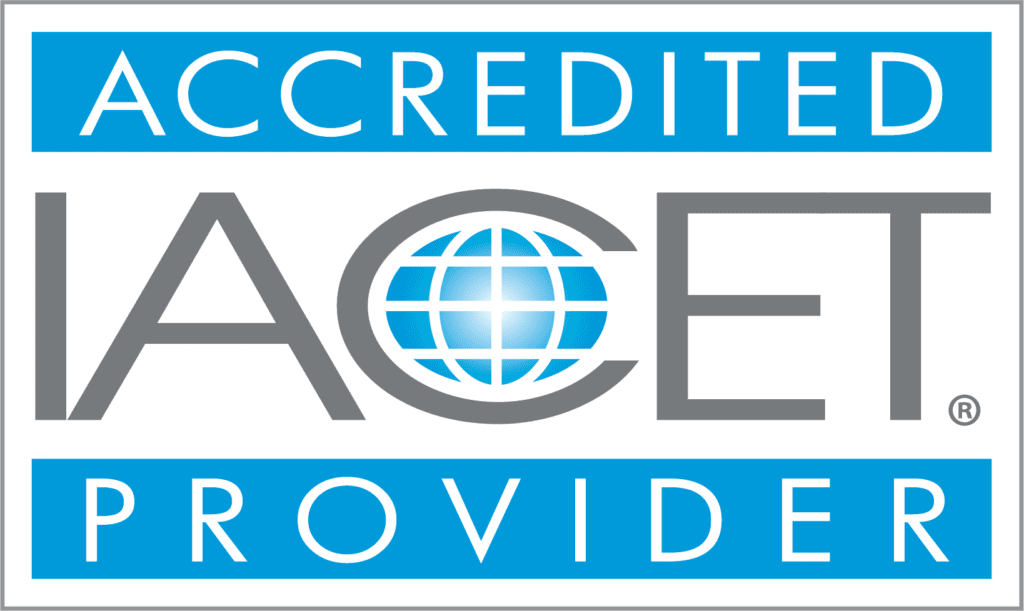Infants are in childcare on average 22 hours a week, but many actually spend between 8-10 hours a day in childcare, so there’s no doubt that the impact you leave on your infant students is long-lasting. After all, you’re the one spending the majority of the day with them, which means the work you do with them every day really matters!
Creating the Right Environment
Infants are social beings that thrive from interacting with others, and so much of their learning is directly related to experiencing the world firsthand through their senses. As a childcare provider, it’s your responsibility to ensure the environment you care for them in meets their social-emotional and physical needs, all while keeping them safe from harm.
So how can you do that? Here are a few ways:
- Re-evaluate spaces that cause injury to see if anything can be readjusted to prevent future accidents.
- Ensure toys and baskets are age appropriate and danger-free.
- Have carpeted and padded areas where little ones can roam comfortably (and safely!).
- Place toys, artwork, mirrors, and other infant-friendly things at their level so they have free access to them while exploring.
- Store all dangerous chemicals and items (medications, scissors, silverware, and so forth) far, far, far out of sight and reach.
- For nappers, keep a crib with a firm mattress and tightly fitted sheet that’s free of blankets and toys. NEVER put infants to sleep in swings or anything besides a crib.
A little thought goes a long way when creating a safe, cozy space for your infants. These tips can help you build the best type of environment for little ones to learn, play, and grow while in your care!
Being in the Midst of Organized Chaos
Your little explorers are very eager to play, and this becomes even more evident as they become mobile. And while you can work hard to make your room super-organized, it will turn into a chaotic mess at some point. Fortunately, everything you do can be a learning opportunity. So, embrace the mess and use it as an activity to teach important skills, like cleaning up their mess! There are countless ways you can use the mess as a learning opportunity. Dumping, refilling baskets, making messes, and repeating are all developmentally-appropriate activities that foster healthy growth.
Beyond the typical mess you can expect from infants, there’s also the crying. Oh, we know… it can be downright painful to hear a baby cry, and even more painful to hear eight babies cry at the same time! The goal is to investigate and figure out what the problem may be as quickly as possible so you can alleviate their stress (and ours, too)!
Crying is hard, no question about it. But every time an infant cries and you comfort them, you’re supporting their social-emotional needs and helping them to become better adjusted. Your response to infant cries adds up over time and fosters healthy attachment to you as their caregiver. In fact, studies have found that children who have positive attachment with their caregivers are more mature, and have healthier interactions with adults and peers. So do your best! And if you’ve done all you can and the infant still won’t stop crying, ask for help from a coworker or director. If the additional support still doesn’t work, it’s time to call for pickup.
If you care for infants, then you already know that the first few years are formative in their development. During this time, it’s critical to be tender and patient! We know how hard it can be, but with a “safety first” mindset, you can help minimize stressors that increase frustration and impatience for both you and the little ones in your care.
Learn More About How to Work with Safety in Mind
As an early childhood educator, you’re standing in the gap for parents and guardians, charged to take care of their most prized possessions, which makes infant safety and well-being extra-important. The work you do each day with your earliest little learners will directly impact their lives for the better.
At Impact Early Education, we know your work is never done. That’s why we provide valuable professional development courses for preschool teachers, directors, and owners in a way that works for you. To learn more, explore our courses or contact us today!

